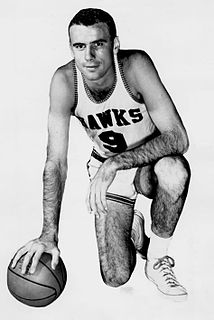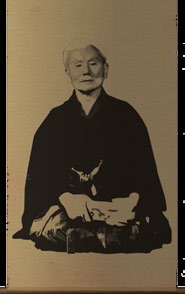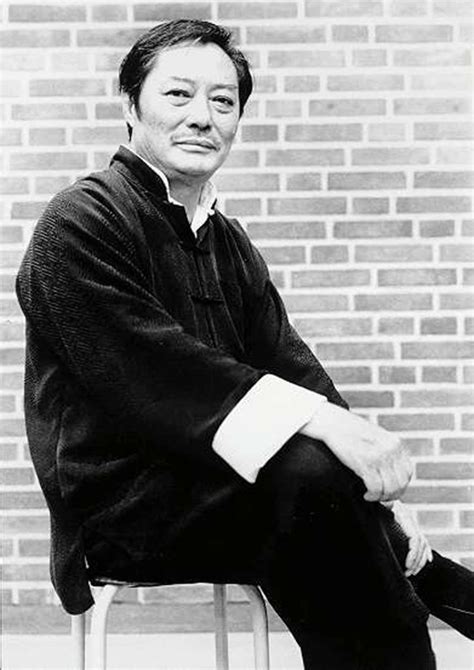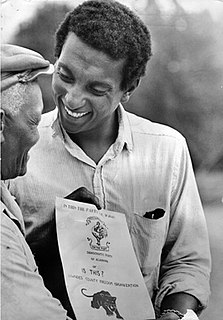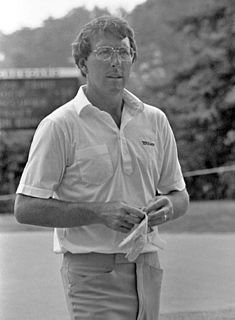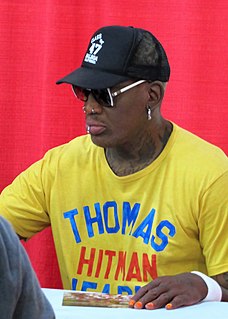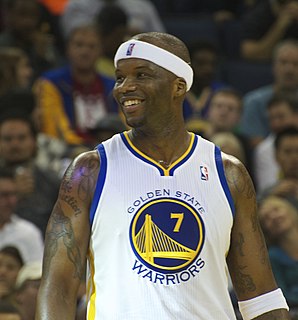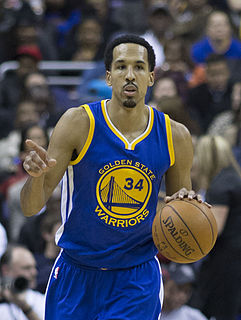A Quote by Bob Pettit
When you go out on the court whether it be for the championship or just a scrimmage, have confidence that your abilities and what you've learned in your drills are better than your opponent's. This does not mean you should disregard your opponent. Before taking the court for any game, you should do a lot of thinking about what you have to do to beat your opponent and what he must or can do to beat you.
Related Quotes
I honestly believe that if you are willing to out-condition the opponent, have confidence in your ability, be more aggressive than your opponent and have a genuine desire for team victory, you will become the national champions. If you have all the above, you will acquire confidence and poise, and you will have those intangibles that win the close ones.
Ultimately, what separates a winner from a loser at the grandmaster level is the willingness to do the unthinkable. A brilliant strategy is, certainly, a matter of intelligence, but intelligence without audaciousness is not enough. Given the opportunity, I must have the guts to explode the game, to upend my opponent's thinking and, in so doing, unnerve him. So it is in business: One does not succeed by sticking to convention. When your opponent can easily anticipate every move you make, your strategy deteriorates and becomes commoditized.
I think the kicks in Wing Chun are enough. It´s much easier to use your hands than to use your feet. Your hand is able to reach your opponent long before your foot. Why take the long way to attack (circle), when there is a much more direct method of attack? If you are using your hands, then your opponent can´t see a kick coming if you have to use it. When you teach Kung Fu, you can fool a lot of people, but not yourself. You can make like a movie and do many complicated movements and kicks, but you only fool yourself as to whether that would work in a real situation of life and death.
Self-confidence is very important. If you don't think you can win, you will take cowardly decisions in the crucial moments, out of sheer respect for your opponent. You see the opportunity but also greater limitations than you should. I have always believed in what I do on the chessboard, even when I had no objective reason to. It is better to overestimate your prospects than underestimate them.
Before you even consider making a value bet, try to determine if the bet will have any value at all. Attempt to put your opponent on a hand that he'd likely call a bet with on the river. To do this, you'll have to mentally play back the details of the hand. Think about your opponent's playing tendencies.
Get out well, but not too quickly, move through the field, be comfortable. Strategy-wise, go with your strengths. If you don't have a great finish, you must get away to win. I've always found it effective to make a move just before the crest of a hill. You get away just a little and you're gone before your opponent gets over the top. Also, around a tight bend, take off like holy hell. I've done that a number of times. You should not be flying down the home straight. Most of your efforts should have been put forth earlier.
